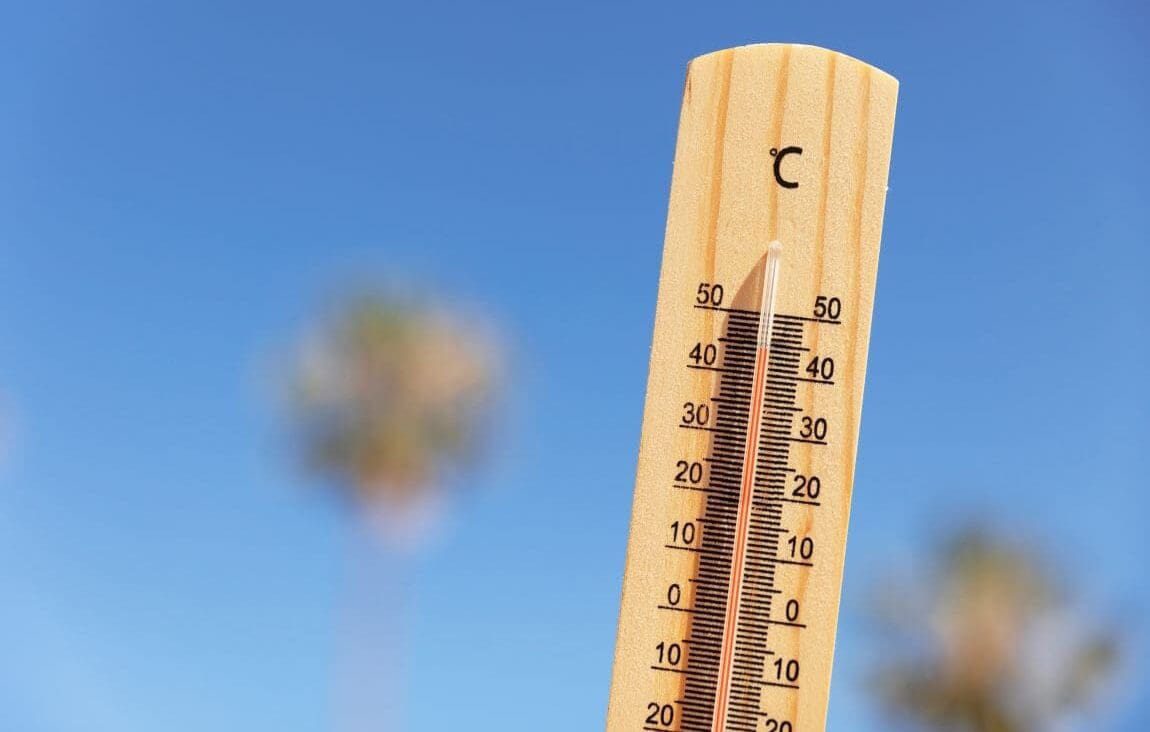Paris, France | AFP – The world experienced an average of 26 more days of extreme heat over the last 12 months that would probably not have occurred without climate change, a report said on Tuesday.
Heat is the leading cause of climate-related death and the report further points to the role of global warming in increasing the frequency and intensity of extreme weather around the world.
For this study, scientists used the years 1991 to 2020 to determine what temperatures counted as within the top 10 percent for each country over that period.
Next, they looked at the 12 months to May 15, 2024, to establish how many days over that period experienced temperatures within — or beyond — the previous range.
Then, using peer-reviewed methods, they examined the influence of climate change on each of these excessively hot days.
They concluded that “human-caused climate change added — on average, across all places in the world — 26 more days of extreme heat than there would have been without it”.
The report was published by the Red Cross Red Crescent Climate Centre, the World Weather Attribution scientific network and the nonprofit research organisation Climate Central.
2023 was the hottest year on record, according to the European Union’s climate monitor, Copernicus.
Already this year, extreme heatwaves have afflicted swathes of the globe from Mexico to Pakistan.
The report said that in the last 12 months some 6.3 billion people — roughly 80 percent of the global population — experienced at least 31 days of what is classed as extreme heat.
In total, 76 extreme heatwaves were registered in 90 different countries on every continent except Antarctica.
Five of the most affected nations were in Latin America.
The report said that without the influence of climate change, Suriname would have recorded an estimated 24 extreme heat days instead of 182; Ecuador 10 not 180; Guyana 33 not 174, El Salvador 15 not 163; and Panama 12 not 149.
“(Extreme heat) is known to have killed tens of thousands of people over the last 12 months but the real number is likely in the hundreds of thousands or even millions,” the Red Cross said in a statement.
“Flooding and hurricanes may capture the headlines but the impacts of extreme heat are equally deadly,” said Jagan Chapagain, secretary general of the International Federation of the Red Cross.
mdv/np/gil
© Agence France-Presse
Featured image credit: Freepik




